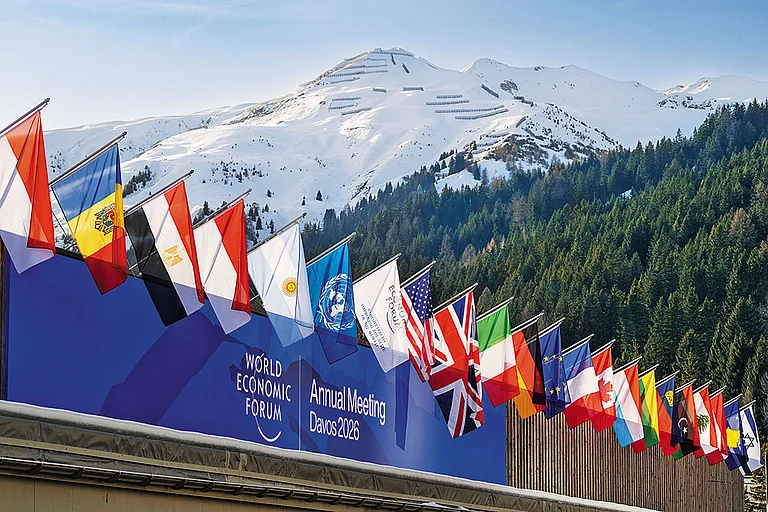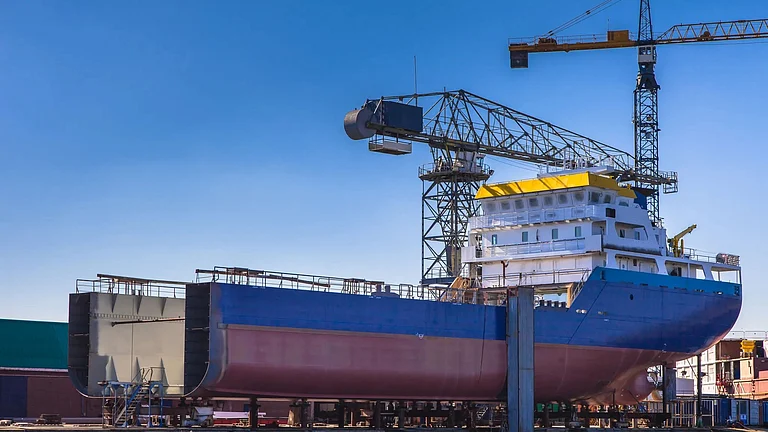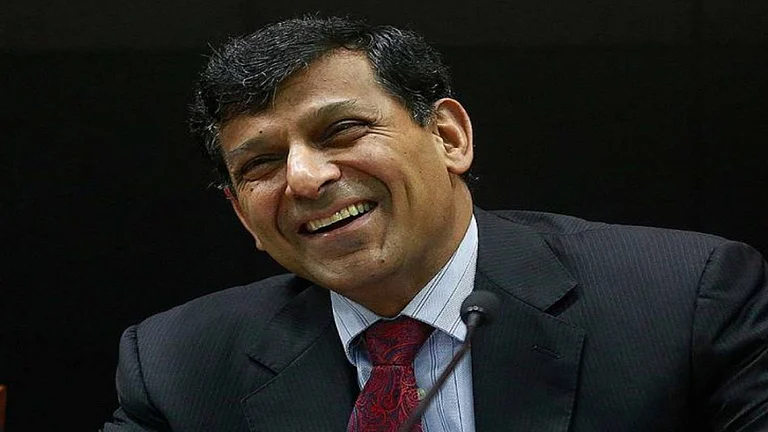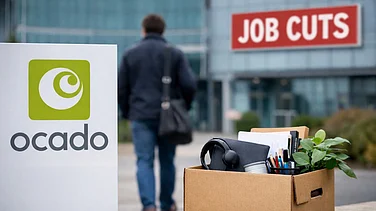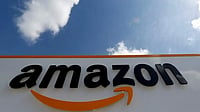Ecommerce companies in India are gradually electrifying their delivery fleets in an effort to green their value chain. This effort comes at a time when a series of festivals is expected to lead to larger orders for all ecommerce companies alike. Ecommerce companies currently deliver around 12 million shipments a day on average across the country, according to one estimate.
Most delivery executives of ecommerce firms are increasingly being asked to ride electric scooters. Take Flipkart for example. Around half of Flipkart’s grocery deliveries are now happening on electric vehicles, according to Nishant Gupta, the company’s head of sustainability. Gupta says Flipkart wants to achieve 100% EV-based last-mile deliveries by 2030.
Electrifying Delivery
“We have achieved 70% year-on-year growth in our last-mile deliveries through electric vehicles. We are also expanding our charging infrastructure and are committed to sourcing 100% renewable electricity for all our operations by 2030,” adds Gupta.
Zomato, the food delivery company, has also pledged to completely turn its delivery fleet electric by 2030. The company had around 33,000 active electric vehicle-based delivery partners in November 2023, its chief sustainability officer Anjalli Ravi Kumar had told Outlook Business in an earlier interview. A fifth of Zomato deliveries are made on cycles, Kumar had said.
Amazon India on the other hand has recently partnered with clean energy company Gentari and has laid out plans for 10,000 electric vehicles to be part of its delivery fleet by next year.
Minimising Packaging
Apart from electrifying the delivery fleets, ecommerce companies are also trying to minimise packaging of their products in a bid to reduce waste. Every year, nearly 2 billion tonnes of waste, including cardboard boxes, plastic and styrofoam end up in landfills around the world, according to a Sustainability Annual Trends report. Consumers often take to social media calling out companies for overdoing it with the packaging.
In response, companies are switching to minimal or no packaging. Quick commerce company Zepto runs a ‘No Bag Delivery’ initiative in which the products are delivered without paper bags. The programme has helped the company save more than 90 million paper bags, a company spokesperson said. They added that 37% consumers had chosen to opt for the initiative.
Amazon says it uses recycled packaging and has now introduced a ‘ship in own container’ option which uses either minimal or no packaging in around 50 products.
Shiprocket, an ecommerce logistics and shipping unicorn that delivers to tier-III cities and beyond is promoting environmentally-friendly packaging. “We are empowering small businesses to embrace sustainable methods not just to help the environment but also to build stronger connections with today’s environmentally-conscious consumers,” says the company’s managing director and chief executive Saahil Goel.











